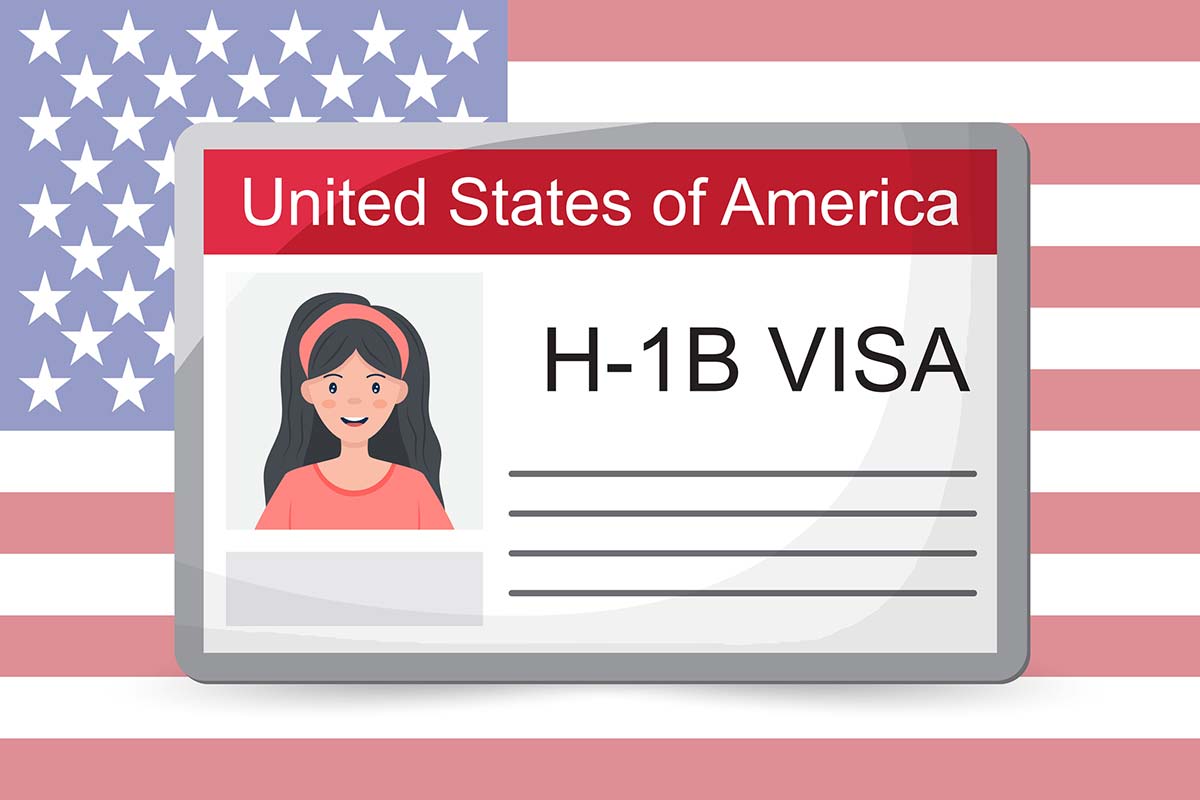U.S. Citizenship and Immigration Services (USCIS) has received a historically high number of H-1B visa registrations. However, due to the caps on H-1B visas that are available each year, some registrants inevitably will not get the chance to submit complete applications for H-1B visas during the 2021 application process.
Some of the registrants who were not selected in the visa lottery may have a chance later in the year to submit applications if spots become available. In some cases, economic uncertainties may make individuals who were selected in the visa lottery unable to complete their visa applications. However, if no visas open up, these individuals whose registrations USCIS did not select will not have the opportunity to reregister for an H-1B visa until 2022.
Fortunately, there are options to the H-1B visa that may be useful for individuals who still wish to work in the U.S. While there are numerous options that may apply to your situation, what follows is some of the most common alternative means of getting authorization to work in the U.S.
- Cap-Exempt H-1B Visas – Some employers are cap-exempt and thus can submit H-1B visas at any time. These employers include colleges and universities, non-profit organizations affiliated with colleges or universities, and non-profit or governmental research organizations.
- TN for Canadian and Mexican Workers – Certain Canadian and Mexican citizens can work in the U.S. in certain occupations through the TN visa classification. Eligible occupations are qualified professionals, including accountants, lawyers, pharmacists, engineers, scientists, and teachers.
- L-1 Intracompany Transferee- Multinational companies can transfer employees from their offices abroad to U.S. offices or to the U.S. to establish a U.S. office. Typically, foreign nationals who are already in the U.S. will not qualify for this type of visa.
- O-1 or P-1 Extraordinary Ability Visas – These visas are available for individuals who have extraordinary abilities in the arts, sciences, education, business, or athletics. Although not many individuals qualify for these visas, it is preferable to the H-1B visa for those who meet the qualifications.
- F-1 Optional Practical Training (OPT) Extension or F-1 Curricular Practical Training (CPT) – Many prospective H-1B visa applicants are students present in the U.S. on F-1 student visas. For example, current OPT holders with degrees in science, technology, engineering, or mathematics can apply for a 24-month STEM OPT extension. Additionally, some schools and degree programs allow employment under a CPT program.
- E-1 Treaty Trader or E-2 Treaty Investor Visas – Individuals from certain countries with whom the U.S. has trade treaties may be eligible to enter the U.S. on E-1 or E-2 visas if they can invest financially in the U.S. For example, a multinational employer could transfer an employee who is essential to significant company trade between the foreign country and the U.S. Likewise, a foreign national can directly invest a substantial amount of money in the U.S. and get a visa to manage and direct their investment.
- Work Visas for Specific Occupations – A variety of work visas exist for particular occupations. For example, you could seek an R visa if you are a religious worker.
- Trainee Programs – H-3 and J-1 trainee programs allow employers to bring employees to the U.S. to get training that they cannot get in their countries of origin. Although these visas are temporary, they can fill a need until another type of visa becomes available.
- H-4 or L-2 Visas – If a person’s spouse has an H-1B or L-1 visa, then the person can apply for work authorization as a spouse. This allows the person to work without any independent employer sponsorship.
- J-1 Visas – Exchange visitor visas may be available for certain professionals for a limited amount of time, such as physicians, professors, research scholars, and teachers.
We Are Here to Advocate for Your Legal Rights
At LBE Law Firm, our attorneys regularly handle a full range of immigration matters for our clients. We also handle wills and estates, family law, bankruptcies, and other general legal matters for our clients. Contact our office today at 1-424-LBE-LAW4 (1-424-523-5294) (call, text, or WhatsApp) or via email at info@lbelawfirm.com.


